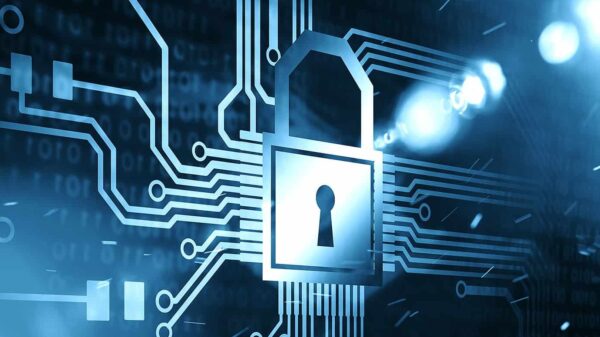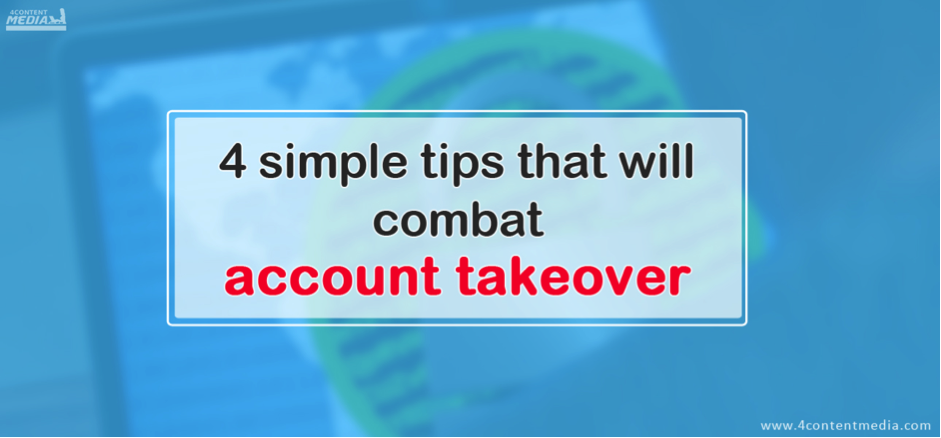Running an online business from home has a lot going for it. There is a good chance of generating a meaningful income without leaving your front door or having to endure a daily commute. You may even be your own boss: an ideal scenario for many.
But where business and money goes, crime is sure to follow. Cybercrime is now a huge enterprise and the tools and techniques the criminals use are increasingly sophisticated. That’s why it is so important to protect yourself and your business while building your brand and keeping those crucial customers happy.
Let’s take a look at a few of the most effective ways to ensure your home business stays healthy online.
Don’t make it easy for the criminals.
Make sure the security fundamentals are in place on your crucial systems. That means making sure firewalls are installed and switched on, as a first line of defence against hackers.
It also means ensuring that you use hard-to-guess passwords for any system that is remotely sensitive. Hackers use powerful software to guess thousands of different passwords and apply them to particular systems and pieces of encrypted data in a very short space of time: this is known as ‘brute forcing’.
Protect yourself from this by using what are known as ‘strong’ passwords: the term simply means that they are harder for these automated systems to guess. Combine easy-to-remember words with numbers and symbols in hard-to-guess combinations. Or better still, use completely random strings of numbers, symbols and both upper and lower case letters: these are very difficult for ‘brute forcers’ to crack.
And for goodness’ sake, don’t use ‘password’, ‘1234’, ‘abc123’, ‘iloveyou’ or any of these other horrifying(ly common) choices!
Back up your data!
I know, it’s easier said than done, especially if you are running a small business but this really is crucial. A fire or hardware failure could kill your business overnight if you lose your data.
Top tip: use an automatic backup system. Don’t rely on any system which requires someone to remember to press a button or move files from one location to another. There will always come a day when someone forgets.
Install security software and update it regularly.
A few years ago, protecting IT systems from the onslaught of all those dreaded computer viruses was a mainstay of computer security . Viruses still exist of course, but they are now rarely discussed and few people worry that much about that any more. There are two reasons for this.
Firstly, the architecture of modern PC operating systems is now much more robust and the weaknesses exploited by the virus writers of old are simply not present any more (so this does not apply if you are still running Windows XP).
Secondly, the criminals have moved on from simple vandalism of the virus to more targeted cyberattacks known as malware. A particularly devious example is the keylogger – a piece of illicit software which secrets itself deep inside your PC’s plumbing and records all your keyboard presses, before transmitting the resulting data back to the criminal.
The idea, of course, is to capture vital, sensitive data like your passwords or credit card numbers. Protect yourself by installing robust and reliable detection software – there are a number of brands available – and just as importantly, updating it regularly to ensure you stay on top of the latest threats.






















































































































































































